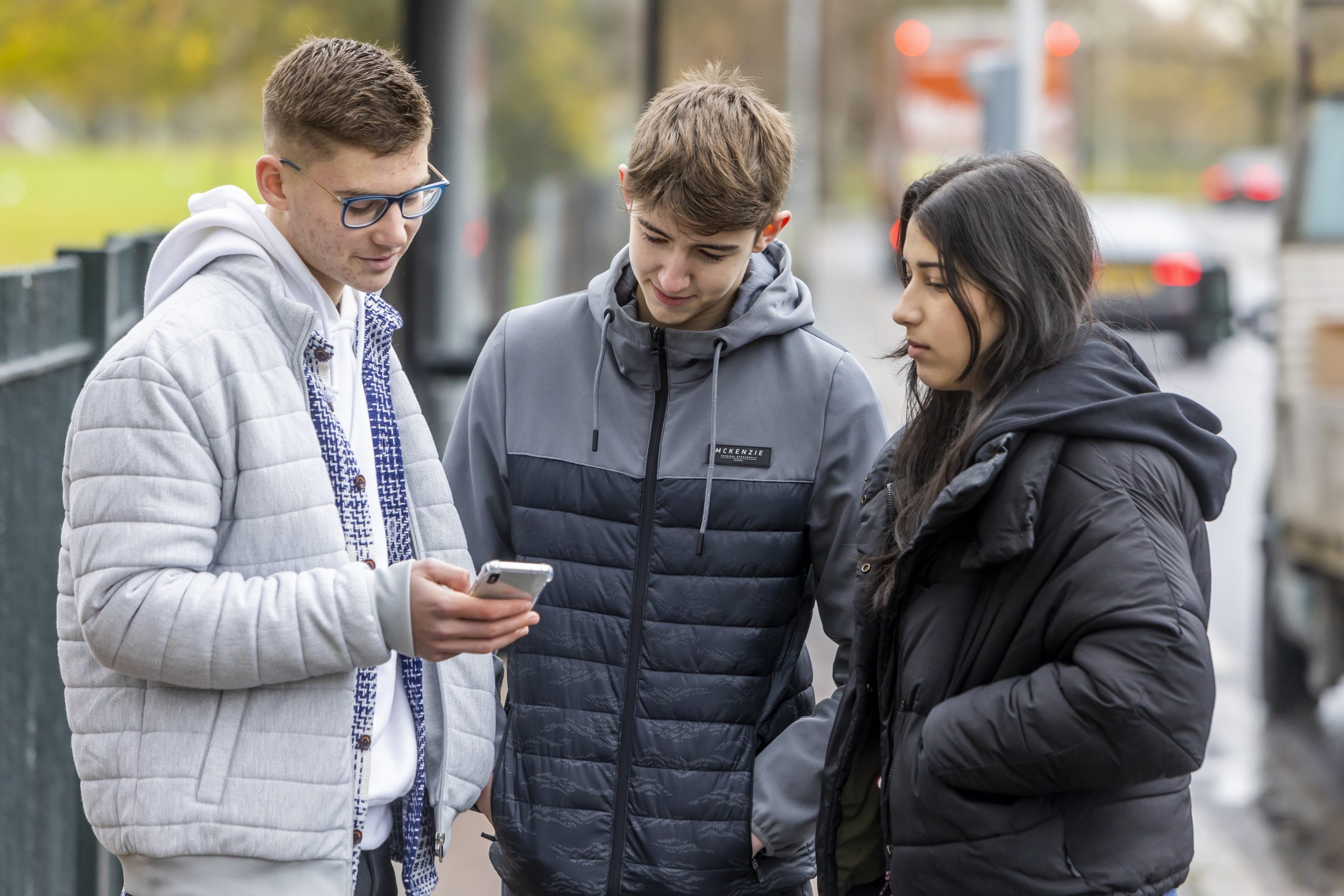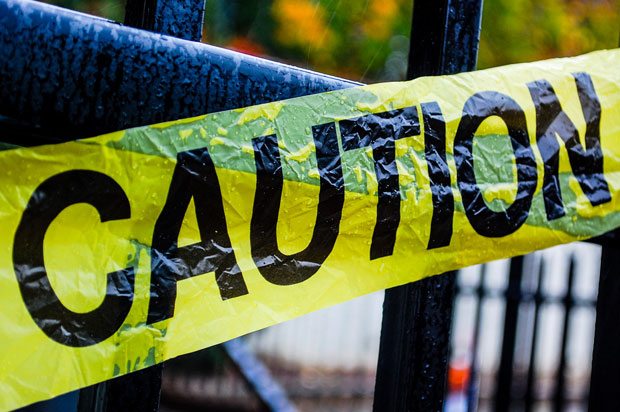Your stop and search rights in the UK

What are your rights when it comes to stop and search?
What happens if you’re stopped and searched by the police? What are your rights, and what powers to stop people do the police actually have? Can you refuse a stop and search? Here’s all you need to know to keep you safe.
There were 526,024 stop and searches conducted last year in England and Wales. Young men aged 15-19 had the highest rate of stop and search.
But being stopped and searched doesn’t mean you’re under arrest or have done anything wrong.
Why have I been stopped and searched?
If you’re stopped and searched by the police it means they have reasonable grounds to suspect you’re in unlawful possession of something for example if you’re caught with drugs, are carrying a weapon or they think you’ve got someone’s stolen property.
They can also stop you if there’s been violence or disorder in the area, or if you match the description of someone they are looking for.
They must have reasonable grounds to be suspicious though, and cannot stop you simply because of your race, religion or sex.
What are reasonable grounds?
To have ‘reasonable grounds’ means that the officer must genuinely suspect that they will find the item they’re searching for. This suspicion should be about how likely it is that you have the item, not about how likely they think it is that you’re breaking the law. It must be objectively reasonable for them to suspect this.
Another way of thinking about it is, an ordinary onlooker would also need to think it was fair if they had all the information the police officer has.
What will happen if I’m stopped and searched?
- Only a police officer or community support officer is allowed to stop and search you. They must tell you their name, what police station they work at, why you’ve been stopped, and what they’re looking for.
- If the police officer decides to search you, they must do it in a public place. They may ask you to take off your coat, open your bag or empty your pockets.
- If they ask you to remove more clothing than your coat, jacket or gloves, or clothing you wear for religious reasons (such as a veil or turban) you must be taken out of public view and searched by an officer of the same sex.
- They’ll ask you for your name, address and date of birth. You don’t have to give this information if you don’t want to, unless the officer says they’re reporting you for an offence. Although refusing to do so won’t make them happy bunnies – so be wary.
- Everyone who is stopped or searched will also be asked to give their ethnic background. Again, you don’t have to give this, but the officer is required to record it so community representatives can ensure the police are using their powers fairly.
- Afterwards, the officer must give you a written record of the search, which should include: the date, time and place of the stop and search, the officer’s details, the reason for the stop and search, the outcome, and your description if you refused to provide your personal details. Make sure you keep your copy of the record in case you want to make a complaint.
Can you refuse a stop and search?
Stop and searches are not voluntary, and officers don’t need your permission to go through your belongings. You can’t refuse a stop and search by UK law. If you do, they can use force.
The police can stop and question you at any time, and they can search you depending on the situation.
What are my rights if I’m stopped and searched?
When it comes to your stop and search rights, it’s worth remembering:
- They must tell you WHY.
- If you’re asked to remove clothing, it must be out of public view.
- You don’t have to give them your details.
- They can’t stop you because of you race, religion or sex.
If they want you to remove any other items of clothing, this is either called a ‘more thorough search’, or a ‘strip search.’ A more thorough search can only take place in the back of a police van or somewhere else out of public view.
A strip search can only take place in a police station or a designated area like a police tent. It must be performed out of public view and by an officer of the same sex, without any officer of the opposite sex able to see. If you are 17 or under, a strip search can only take place in the presence of an appropriate adult.
Read more about your rights when you’re stopped by the police.
What is the Section 60 rule for stop and searches?
Section 60 of the Criminal Justice and Public Order Act 1994 allows police to stop and search ANYONE in a defined area at a specific time. Circumstances in which you might be searched under section 60 include if you’re involved in football hooliganism, gang fights or a protest.
A section 60 can be used if there’s the possibility of serious violence taking place, or if an incident involving serious violence has taken place and a weapon used is being carried nearby.
What can I do if I feel I’ve been stopped and searched unfairly?
The searching officer will give you a receipt which contains the details of the stop and search, including information on the police officer and their station.
Although you can’t refuse a stop and search in the UK, if you feel that you’ve been treated unfairly, or been discriminated against, you have the right to make a complaint. You can do so on local police force websites, which is the easiest way to make a formal complaint. Links to local websites can be found here.
You can also complain in person at the police station by asking to speak to the duty police officer.
If you’re unhappy with the outcome of your complaint, you should speak to the Citizens Advice Bureau, or the Independent Office for Police Conduct.
Next Steps
- Citizens Advice offer free help with housing, money and legal problems. Find your local centre.
- Chat about this subject on our Discussion Boards.
By The Mix Staff
Updated on 21-Apr-2023
No featured article













